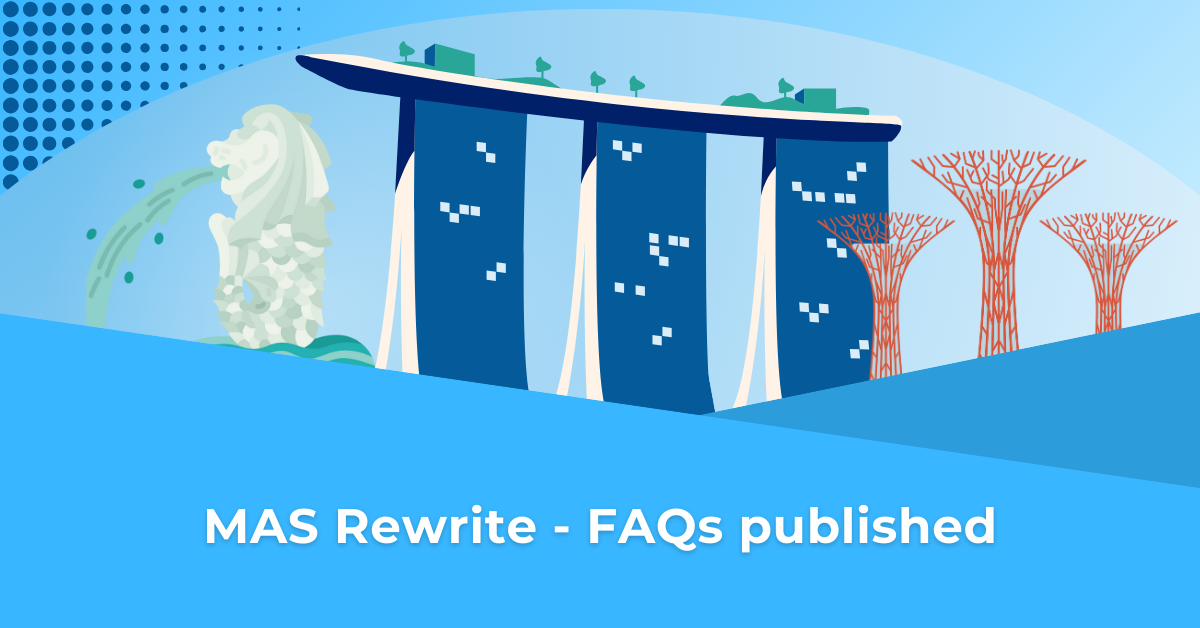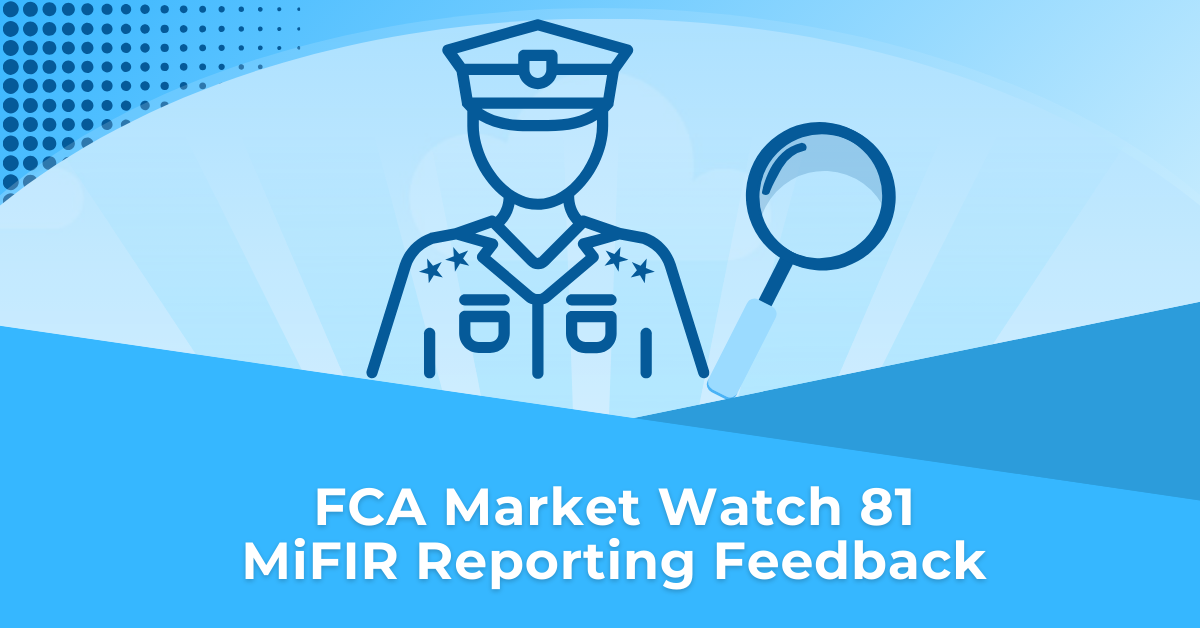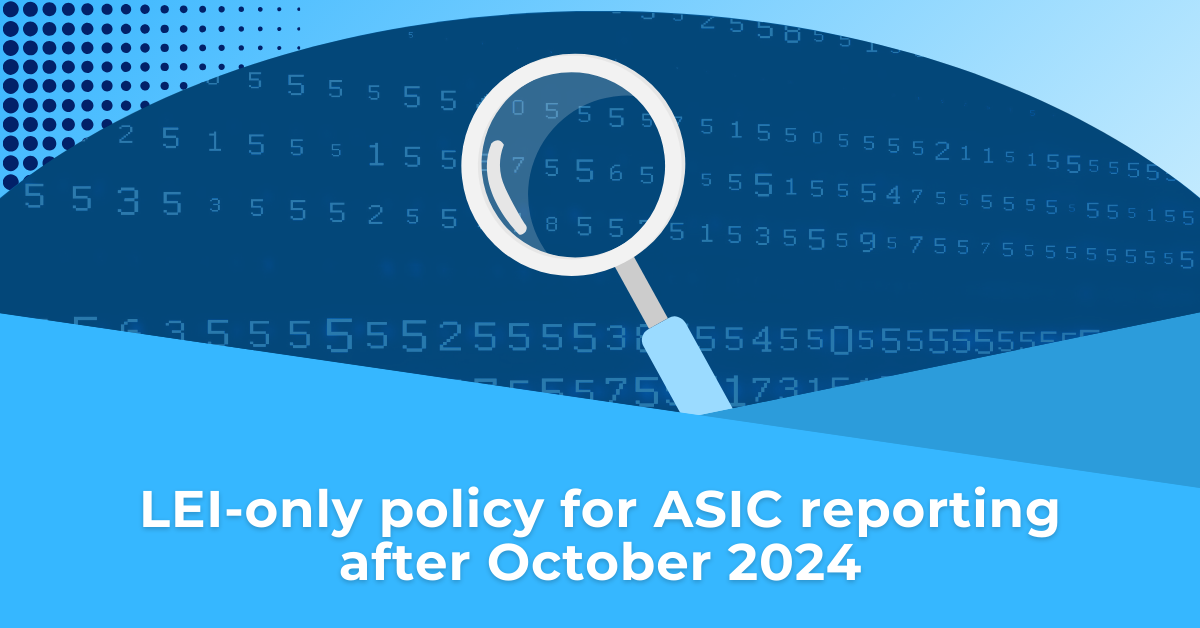MAS recently updated its FAQs to address common themes from the MAS Rewrite changes.
MAS Rewrite issues discussed in this article will be effective from 21 October 2024 (the Implementation Date).
The updated FAQs focus on:
- reporting on Contracts For Difference (CFDs),
- Collateral reporting,
- ‘re-reporting, and
- UTI and UTI generation.
CFDs – Position reporting on lifecycle of contract
To align CFD reporting with other global regulatory updates, MAS has provided that both the position of the derivative contract and a transactional report may be submitted – which would be done as follows:
- Go to field ‘Event type’
- Under this field, go to field ‘INCP – inclusion to position’ and check position-level report, and
- a report should also be submitted for the transaction, modification, termination or expiry of the contract.
Collateral/Margin reporting
- Under a derivative contract, if there is no collateral arrangement between the parties or the contract provides that no collateral/margin is to be posted, reporting entities should report ‘UNCL’ in the field: ‘Collateralisation category’. The other collateral related data fields would be not applicable. If there is a sub-agreement in place that differs from the Master Agreement’s Credit Support Annex (CSA), the category reflecting the collateral agreement in the sub-agreement should be reported under the ‘Collateralisation category’.
- Reporting entities are permitted to report collateral information at a portfolio level only if the contract is a part of a set of contracts that are collectively collateralised (can be net or gross basis). This usually is relevant for group entities where it is difficult to ascertain from the collateral held, the amount relating to the reportable contracts. If portfolio level reporting occurs, under the ‘Collateral portfolio indicator field’, ‘True’ should be populated. The other collateral fields should be reported on a portfolio basis.
- Agents that are reporting entities are exempt from reporting collateral information where it is not reasonably expected of them to access such information and if they are not a counterparty to the contract, but rather acting as a facilitator. This exemption does not apply to fund managers (or real estate investment trust (REIT) managers) who execute a derivative for a portfolio it manages (as opposed to a portfolio it does not manage), as they would normally have access to collateral information.
Re-reporting
- Reporting entities are to re-report all outstanding derivatives previously reported before the Implementation Date with a maturity of at least 6 months as at the Implementation Date. If there are outstanding derivatives that have changes to its reportable data fields, these need to be reported within 2 business days in the format required by MAS, even if the derivative has less than 6 months maturity as at the Implementation Date.
- There is an exemption from having to provide new information in relation to contracts previously reported if they were not required to report the information under the former SF(RD)R prior to the Implementation Date and if they had not recorded the information at the time of executing the derivative.
- The same UTI should also be used as previously reported for a contract. (See UTIs discussed below).
- Certain data fields should be populated as follows:
- “FX swap link ID” should connect the two legs of a reported FX swap.
- “Package identifier” should identify other types of packaged trades to link two or more derivatives that are negotiated collectively under one economic arrangement, such as swaptions, but are separately reported.
Both these data fields can be reported in a single reportable derivative, for example, where FX swaps are part of a package.
- MAS acknowledges the operational challenges in relation to having multiple jurisdictional reporting obligations so they do not currently expect the data field ‘Reporting obligation of specified person’ to be reported. Future consultations will look into this issue. We discuss ‘specified persons’ below.
UTI and UTI Generation
- MAS introduces the concept of an ‘interim UTI’ which can be used when the final UTI is unobtainable in time to meet reporting deadlines. As a short-term solution, internally generated interim-UTIs (in a proper format which is identifiable by the reporting entity) may be used.
- Once the final UTI is generated, the previously reported derivative with the interim-UTI should be exited by entering ‘EROR’ as the action type. The interim UTI should be shown as ‘prior UTI’ in the reportable field. A new report with the final UTI should be submitted and the action type here should be ‘NEWT’ and event type ‘TRAD’. The updated report should also show the timestamp under the ‘Reporting timestamp’ data field.
- If the transaction has expired or is terminated, the reporting entity no longer has to obtain the final-UTI if this has not already happened. These would be rare cases however MAS expects that reporting entities should have suitable policies and procedures for the obtaining of final-UTIs and their reporting as soon as they are available.
- Where there are counterparties with a reporting nexus across multiple jurisdictions, ‘specified persons’ (i.e. a person that is given the responsibility to report a UTI for each reportable specified derivatives contract) should only consider the counterparties to the contract when trying to work out the UTI generating entity under the UTI waterfall – see Table 1 in MAS’ Guide for the MAS UTI waterfall. If there are foreign branches involved, specified persons trying to determine who the ultimate counterparty is, in relation to the waterfall, should look at home jurisdictions of head offices of a counterparty.
References:
FAQs – MAS Website
Guideline to the Securities and Futures (Reporting of Derivatives Contracts) Regulations 2013
Updates to the reporting requirements are covered under the revised Securities & Futures (Reporting of Derivative Contracts) Regulations 2013 (SF(RDC)R).
How can TRAction assist?
If you need assistance in understanding how to complete certain data fields, the UTI generation waterfall, do re-reporting and determine if you are even in scope by the MAS regulations, please get in touch with us.





